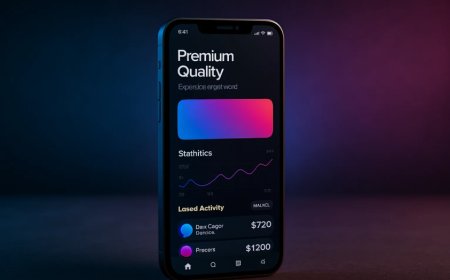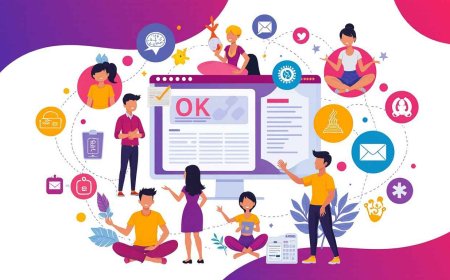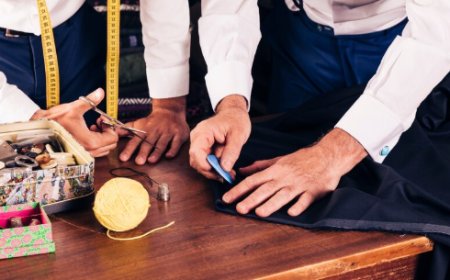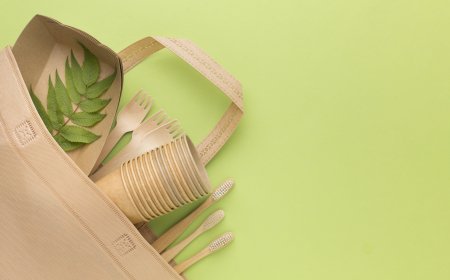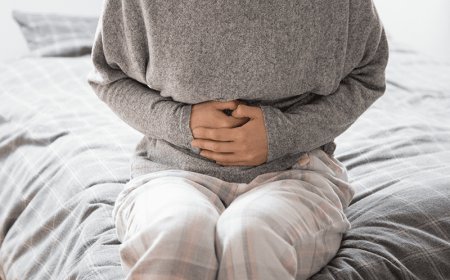Recovering from Surgery: Tips from a Leading ortho doctor in dubai
Recovering from orthopedic surgery is an important part of your healing journey. Many people feel worried about how long it will take to get back to normal life after surgery. The good news is that recovery can be smoother and faster if you follow some simple tips.
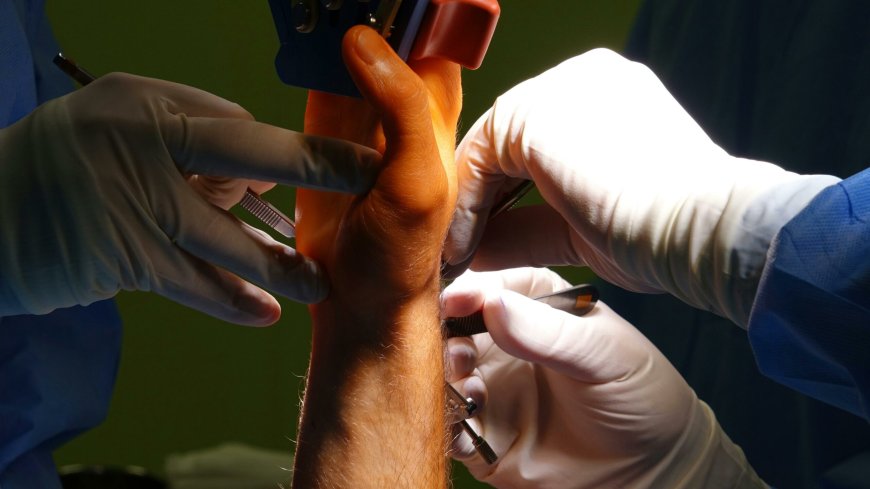
As a leadingorthopedic doctor in Dubai, I,Dr Marouane Bouloudhnine, have helped many patients through this process. In this article, Ill share some practical and easy-to-follow tips to help you recover safely and comfortably after surgery.
1. Understand Your Surgery
Before your surgery, its helpful to learn what exactly is being done. Ask your doctor to explain why the surgery is needed, how it will help, and what you can expect afterward.
Knowing this helps you feel calmer and more confident. When you understand what your body has gone through, youll know why certain parts of the recovery are important.
2. Follow Your Doctors Instructions
After surgery, your doctor will give you detailed instructions about what you can and cannot do.
These instructions may include:
-
When to start walking
-
When to remove bandages or keep them dry
-
What medicines to take and when
-
Exercises to do or avoid
Its very important to follow these instructions carefully. They are based on years of medical experience and are designed to help you heal quickly and safely.
3. Rest Well
Rest is a big part of healing. Your body needs time to repair the tissues affected by the surgery.
Dont rush to go back to work or heavy activities. In the first few days or weeks, listen to your body. If you feel tired, take a nap or lie down.
Even if you feel good, remember that the inside of your body still needs time to heal.
4. Move When You Can
While rest is important, so is gentle movement. Staying in bed for too long can cause stiffness, swelling, or even blood clots.
As soon as your doctor says its safe, try to:
-
Walk around your room or house
-
Stretch gently
-
Do light exercises recommended by your doctor or physiotherapist
Movement helps improve blood flow, reduces pain, and keeps your joints flexible.
5. Eat Healthy Food
Food plays a big role in recovery. After surgery, your body needs more nutrients to repair itself.
Try to eat:
-
Plenty of fruits and vegetables (rich in vitamins)
-
Lean proteins like chicken, fish, eggs, or beans (help build tissues)
-
Whole grains like brown rice or whole wheat bread
-
Healthy fats like olive oil and nuts
Avoid eating too many sugary foods or processed snacks. Also, drink plenty of water to stay hydrated.
6. Manage Your Pain
Some pain after surgery is normal. It usually gets better over time. Your doctor may give you pain medicine to help you feel comfortable.
Take your medicine exactly as prescribed not more, not less.
If you feel the pain is too strong, or the medicine isnt helping, tell your doctor.
Other ways to reduce pain can include:
-
Using an ice pack (if advised)
-
Elevating the operated area
-
Doing breathing exercises to relax
7. Watch for Warning Signs
While most surgeries go well, sometimes problems can happen. Its important to know what signs to look out for.
Contact your doctor if you notice:
-
Redness, swelling, or warmth around the wound
-
A lot of bleeding or fluid from the wound
-
Fever or chills
-
Severe pain that doesnt improve
-
Trouble moving the limb or joint
These could be signs of infection or other complications. Early treatment makes a big difference.
8. Go for Follow-Up Appointments
After surgery, your doctor will ask you to come back for check-ups.
During these visits, your doctor can:
-
Check how the wound is healing
-
Remove stitches or bandages
-
Adjust your medicine if needed
-
See how your joint or bone is moving
Even if you feel fine, dont skip these appointments. They are very important to make sure your recovery is on track.
9. Start Physiotherapy (If Needed)
Many patients need physiotherapy after orthopedic surgery. Physiotherapy helps you regain strength, flexibility, and balance.
Your physiotherapist will guide you through special exercises. These exercises:
-
Reduce stiffness
-
Strengthen muscles
-
Improve your ability to walk or use your arm/leg
Always do these exercises slowly and carefully. If something hurts, tell your therapist. The goal is to help you recover not to cause pain.
10. Use Support Tools
Sometimes, you may need tools like crutches, a walking stick, or a knee brace.
These tools help you:
-
Move safely
-
Reduce pressure on the healing area
-
Feel more confident
Dont feel shy about using them. They are temporary and help you heal faster.
11. Take Care of Your Wound
Proper wound care is very important to prevent infection.
Some tips:
-
Keep the wound clean and dry
-
Change bandages as advised
-
Avoid scratching or touching the wound
-
Watch for signs of infection
If youre not sure how to clean the wound, ask your doctor or nurse to show you.
12. Stay Positive
Recovery can sometimes feel slow and frustrating. You may feel tired, impatient, or even sad.
Remember, this is normal. Your body is working hard to heal.
Try to:
-
Celebrate small improvements (like being able to walk a little more each day)
-
Talk to friends and family about how you feel
-
Focus on the end goal getting back to your normal life
A positive mindset can really help your body heal faster.
13. Avoid Smoking and Alcohol
Smoking can slow down healing because it affects blood flow. Alcohol can also interfere with your medicines and recovery.
If you smoke, try to stop or at least reduce it during your recovery period. Avoid drinking alcohol until your doctor says its safe.
14. Sleep Well
Good sleep helps your body recover. Try to:
-
Go to bed at the same time every night
-
Make your room quiet and comfortable
-
Avoid screens (phone or TV) before bed
-
Take short naps in the day if needed
If you have trouble sleeping due to pain, ask your doctor for advice.
15. Be Patient
Healing takes time. Every person recovers at a different speed, depending on:
-
Age
-
Type of surgery
-
General health
-
How well you follow recovery tips
Dont compare your progress with others. Focus on your own journey.
16. Ask Questions
If youre ever unsure about something a medicine, an exercise, or a symptom ask your doctor.
Its better to ask and be safe than to guess and risk a problem.
At my clinic in Dubai, we always encourage patients to call or visit if they have questions.
Final Words from Dr Marouane Bouloudhnine
Recovering from orthopedic surgery may feel challenging at times, but you dont have to go through it alone.
AtDr Marouane Bouloudhnines clinic, we believe in supporting patients every step of the way before, during, and after surgery.
By following these simple tips:
-
Resting well
-
Eating healthy
-
Moving safely
-
Watching for warning signs
-
Staying positive
You can help your body heal better and get back to doing the things you love.
If you or your loved one is planning for surgery or currently recovering, feel free to reach out to us.
Together, we can make your recovery smoother, safer, and faster.
About Dr Marouane Bouloudhnine
Dr. Marouane Bouloudhnine is a renowned orthopedic doctor in Dubai, recognized for his patient-centered approach and expertise in advanced surgical techniques. He blends the latest medical innovations with personalized care, ensuring each patient recovers with confidence.
